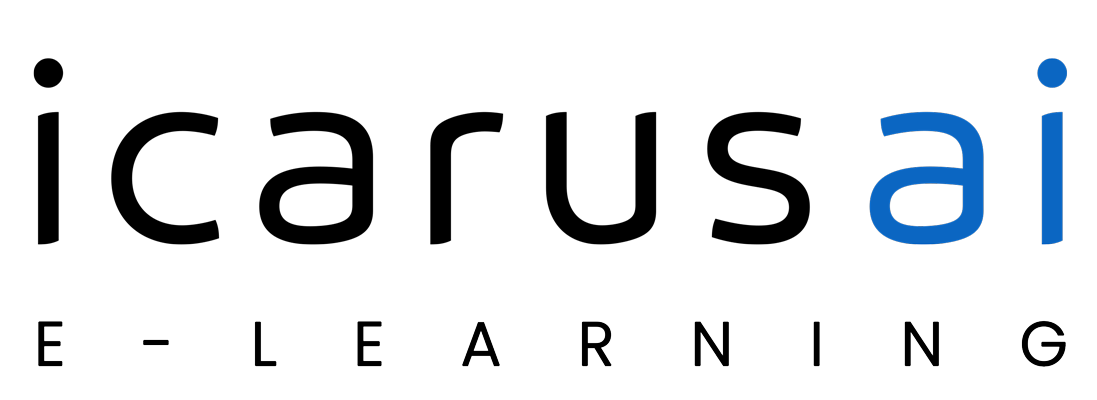Description
THE OVERARCHING GOAL OF THE GESO SEMINAR IS TO START STUDENTS ON THE ROAD TO BECOMING THEORY CUM PRAXIS “SERVANT LEADERS” IN BUSINESS, GOVERNMENT OR ACADEMIA GLOBALLY.
- Intellectual roots of Economics and Global Economy: Nobelist Level Theories as guidance for the Servant Leadership in Business, Government & Academia
- “Phishing for Fools” in the Global Economy & Finance: How to Interpret Statistics/Data Mining in Light of Modern Biases
- Global Digital Economy, Global BioEconomy; How “Newtonian Physics” approaches to Economics/Global Economy yield to Bio approaches
- Principles Governing the Big Picture of Modern World; How the Modern Economic Machine Works; Knowledge Management for Complex Systems
- Work, Leisure & Family in the AI-Augmented Global Village; EcoHealth Economics
- Investing in the Modern Global Economy: Useful Financial Paradigms & Formulae
- Doing Business in the Modern Global Economy: Digital Collaboration for Experiential Learning Accelerated by AI
- Principles of Modern Economic Activity Globally: How the Modern Economic Machine Works or Doesn’t Work
- Principles of Modern Economic Activity Globally: How the Modern Economic Machine Works or Doesn’t Work
- Critical New Founding Theories of Economics; How They Evolve into the Knowledge Management for Complex Systems
- How to use global changes to your/your business benefit; “hands-on” approaches to Collaborative Knowledge Management
- GESO; Servant Leadership from the Big Picture Perspectives; Collaborative Learning from the Mistakes of Others
- Harvard Style Case Studies; Harvard Economic Clusters Method; Academy of International Business theories & practical paradigms
- Riding the Rapid Changes in the Global Economy & Finance: Importance of Collaboration
- How to Manage and Apply Modern Economic Activity Knowledge: Learning by Doing, “Hands-On” Interactions
- Why & How Economic Theories Still Matter Today: Reinterpretations, Examples, Cases, AI Roles
- Finance
- Investment
- AI; Lifetime Learning, Experiential Learning
This kind of leader is in a very short supply globally: just look at the 2023 Financial Crisis. The Silicon Valley Bank collapse (the second largest bank collapse in history!) imperiled the entire financial ecosystem that allegedly so sustainably backed the tech/innovation industry in the USA. How naïve! I already knew that, as the “Silicon Valley” has been moving to the University of Toronto – University of Waterloo High Tech/Innovation Corridor where Canadian banks supervision and regulation has been much more transparent and modern, based on knowledge management paradigms. in stark contrast to the USA, Canada had no 2008-9 Great Financial Crisis.



OVERALL: The world economy in the 21st Century has been characterized by unevenly (at times dangerously volatile) increasing globalization and interdependence of national economies. Rapid advances in technology (digital, bio) have enabled enhanced communications and trade, leading to the growth of international business and the rise of emerging markets such as China and India. However, the global economy has also faced significant and sometimes critical challenges, including the 2008 and 2023 Financial Crises and ongoing trade tensions, a devastating war on Ukraine, and other acute problems like dangerous financial derivatives sloshing around the globe. In addition, climate change and income inequality have emerged as very important economic issues that need to be addressed in the 21st C. Overall, the global economy continues to evolve and, with difficulties, adapt to changing conditions; with the potential for both great opportunities and deep challenges in the years and decades to come.

The GESO will follow the logic of Prof. Val Samonis four decades-long theoretical and practical “hands-on” research on the Big Picture of the world economy and on the constituent parts, esp. Emerging Markets like China and India, others. For example, V. Samonis book on “Riding Modern Recessions” argues that “Cronyism” or “Nomenklatura” is not a modern market economy, in no way fits the 21st Century, and has not worked well for the 99% of people in Russia, USA, Europe, Latin America, Africa or elsewhere. In this global village of ours, are we in for the apocalyptic 1930s style Great Depression Two and wars? Nobody seems to have a clue! Most economic and management theories have been discredited since the advent of the Great Recession in 2007-8. Despite tweaking here and there, these theories are now useless as practical or even just theoretical guides on how to understand great recessions in the 21st C; they already belong to history but they still “keep the gates” of traditional teaching or publications and have stifled new approaches before The Internet Era. This study is enlightened by carefully selected Nobel Prize level theories but, primarily, it is developed through the micro and macro prisms of many local, national, international, and global business practices, aspirations, prejudices, failures, successes, etc. As such, the research and study offers a brand new experiential learning approach to the collaborative accumulation and management of the essential, AI-augmented knowledge necessary to manage new risks and opportunities faced by all modern economic agents today: households, businesses, academia, and governments globally. In doing research and knowledge management as well as conceptualizing and writing this study, the author (http://about.me/val.samonis) benefitted from the comparative and integrative experiential learning obtained while traveling on business and working long periods of time in many diverse emerging and developed markets globally, and advising private and public sector organizations in the “hands-on” (learning by doing) manner as part of “Blue Ribbon” commissions, etc, especially in the last three decades of deep and unprecedented transformational change. In particular, the author has benefitted from over three decades long practical, “hands-on” experience in advising emerging markets’ private and public sectors in Eurasia, Africa, and the Americas. The author’s advisory services have been funded by top business, academic, and government sources like The Mellon Foundation, University of Toronto (www.samonis.com/seminar.htm), Canadian International Development Agency (CIDA), USAID, Joint (Business, Government, Academia) Committee on Corporate Governance in Canada, Virtual Consultation Forum for the First Inter-American Meeting of Ministers and High-Level Authorities on Sustainable Development, World Bank, OECD-World Bank Private Sector Advisory Group on Corporate Governance, European Union, African Capacity Building Foundation, Stanford Economic Transition Group, and a number of smaller or bigger globally dispersed corporations and governments of several levels. The author therefore dares to claim that he experienced economic and business processes not just as illuminated by “bookish” Ivory Tower theories but also and predominantly through the micro and macro prisms of many local, national, international, and global business practices, aspirations, prejudices, failures, successes, etc., that inform the practical learning from “live examples” (as in AI, for example). The author gained a lot of inspiration and new understanding from his extensive discussions at The Institute for New Economic Thinking (INET NYC), particularly interactions with the Reagan Era’s Fed Chairman P. Volcker, Nobelists and other top experts at the INET Bretton Woods Conference in 2011, other INET conferences globally. Also, the author owes a lot of enlightenment and inspiration to a high-profile research led by six Nobelists at Stanford University (Leontieff, Klein, Arrow, Solow, Tobin, Spence); Prof. Spence chaired The High Level Commission on Growth and Development that concluded its epochal work recently. As a former Fulbright Scholar at US institutions, the author immensely benefited from the exposure to the 2009 Nobel Prize winning work by Prof. E. Ostrom. By 2022, we have arrived at the critical amount of experiential knowledge and it is a high time to manage this knowledge for a much more realistic new understanding and more efficient governance/management of new risks and rewards in the 21st Century Global Economy.





